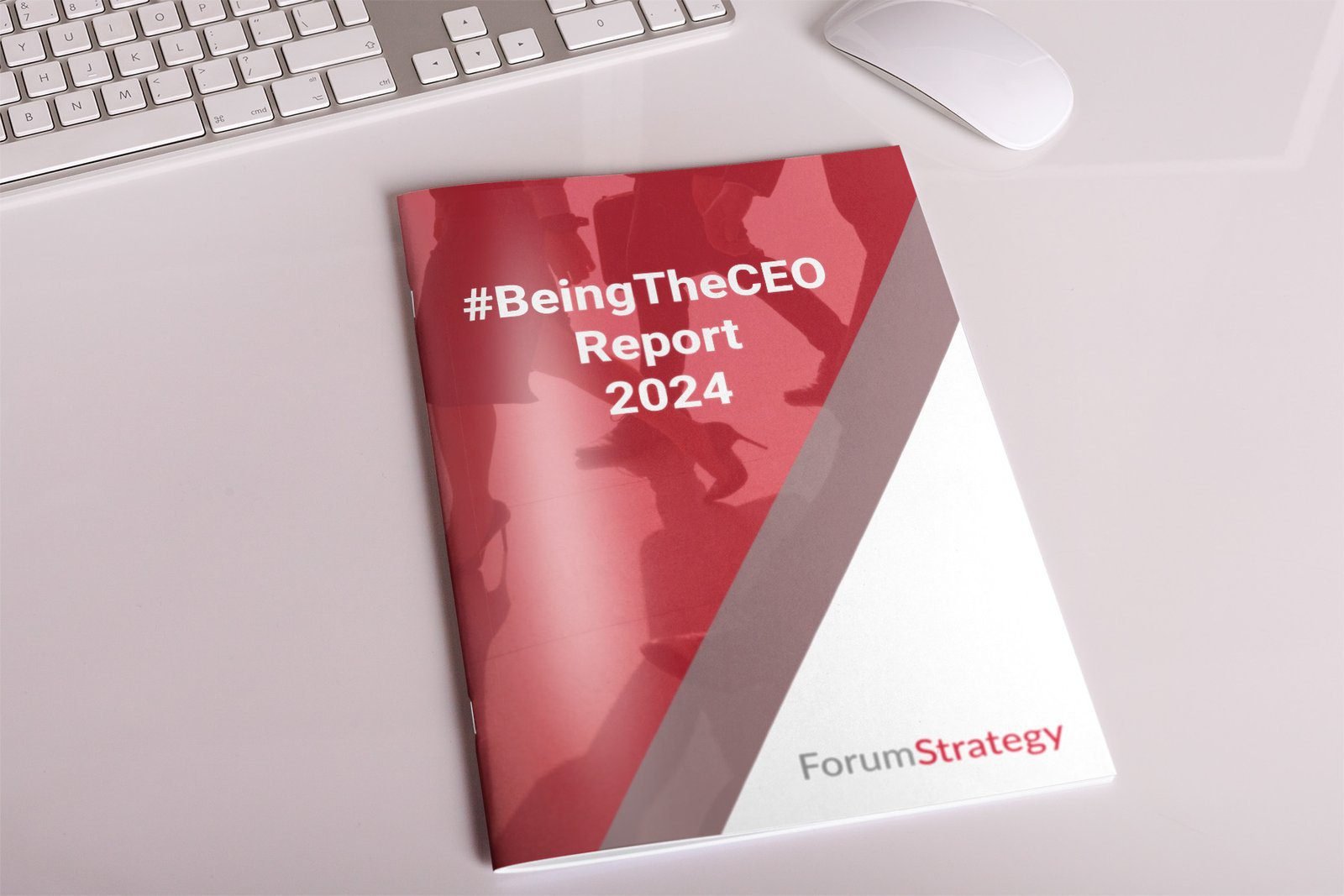In the midst of a challenging financial climate and against a backdrop of continued political uncertainty, the role of academy trust CEOs remains pivotal. Trust leaders are navigating a complex and ever-changing landscape, balancing their organisations’ operational demands with the need to drive long-term strategic vision.
The 2024 #BeingTheCEO Report offers a window into the realities of this unique role, shedding light on the experiences of CEOs and highlighting the trends shaping leadership in the academy trust sector. Drawing on survey results from this year and the past four years, the report captures both emerging patterns and enduring constants, painting a nuanced picture of the challenges and opportunities ahead
One of the standout findings from this year’s report is the trend toward greater stability and experience among trust CEOs. Nearly half of survey respondents (43%) have now been in their role for over five years—almost double the figure reported in 2022. This encouraging increase reflects a maturing leadership landscape within academy trusts. Additionally, with 92% of respondents still in their first CEO role, it is clear that many leaders are committed to their organisations, fostering continuity and stability. This growing experience provides a solid foundation for trusts as they navigate operational pressures and work toward long-term strategic goals.
“Nearly half of survey respondents (43%) have now been in their role for over five years—almost double the figure reported in 2022.”
As leadership experience deepens, so too does the operational capacity of academy trusts. A sharp rise in the number of trusts with Chief Operating Officers (COOs) highlights this growth. In 2020, only 42% of surveyed trusts had a COO, but by 2024, this figure has risen dramatically to 79%. This rise reflects the growing maturity of both trusts as organisations and the teams that lead them, and represents an important element of operational leadership expertise and capacity for CEOs to draw upon. COOs bring vital expertise in areas such as HR, finance, and estates, enabling CEOs to focus on their strategic responsibilities. This division of responsibilities enhances the efficiency of trust operations and ensures that critical operational functions and delivery is overseen by specialists. Notably, two-thirds of COOs now come from education sector backgrounds.
Despite these positive developments, financial sustainability has emerged as the sector’s most pressing challenge. Rising costs in staffing, energy, and supplies are placing significant pressure on trust budgets. Compared to just a few years ago, when funding was a less immediate concern, 58% of CEOs now cite it as their top priority. Specific funding gaps, particularly in SEND provision and early years education, underscore the need for urgent action. Addressing these challenges is critical not only for maintaining operational effectiveness but also for ensuring equitable outcomes for students.
“In 2020, only 42% of surveyed trusts had a COO, but by 2024, this figure has risen dramatically to 79%.”
Amid these financial pressures, trust CEOs are calling for greater clarity from the government regarding the role of academy trusts within the education system. Many leaders feel that a lack of coherent vision is creating uncertainty, particularly concerning trust growth and accountability. This year’s findings reflect a strong desire for meaningful collaboration with policymakers. CEOs want to be heard, trusted, and involved as partners in shaping the future of education. As one respondent succinctly stated: “Listen to us, trust us, work with us.”
While trust growth remains a priority, expectations are becoming more measured. Nearly half of respondents (44%) now anticipate leading trusts with ten schools or fewer in three years, an increase from 30% in 2023. This tempered outlook suggests that many CEOs are recalibrating their growth ambitions under the new government, and also prioritising sustainability and quality over rapid expansion. By focusing on consolidating and strengthening existing structures, CEOs are ensuring that their schools continue to thrive.
In this evolving landscape, facilitated leadership networks remain an essential source of support for trust CEOs. These networks, cited by 79% of respondents, provide invaluable opportunities for peer collaboration, shared learning, and mutual support. For leaders who often face the isolation of the CEO role, these connections offer critical guidance and expertise to navigate the complexities of trust leadership.
“In this evolving landscape, facilitated leadership networks remain an essential source of support for trust CEOs. These networks, cited by 79% of respondents, provide invaluable opportunities for peer collaboration, shared learning, and mutual support.”
The 2024 #BeingTheCEO Report paints a picture of a sector adapting to significant challenges with resilience and determination. Stable leadership, growing operational capacity, and robust professional networks position academy trusts to navigate the road ahead with confidence.
However, the report also highlights areas requiring urgent action—particularly around funding and government partnership. As trust leaders rise to meet these challenges, their collective message is clear: collaboration, clarity, and investment are essential to unlocking the sector’s full potential.
As one respondent aptly summarised: “Trust the sector. Respect the profession. Our children are our future.”
The #BeingTheCEO Programme 2025 with Sir Steve Lancashire and Michael Pain
We are delighted to confirm the eleventh cohort of the #BeingTheCEO programme, a programme for aspirant and serving CEOs who are keen to further their development for and understanding of the CEO role, and find the time and space to reflect, guided by experts. The programme will run for six months from February 2025.


